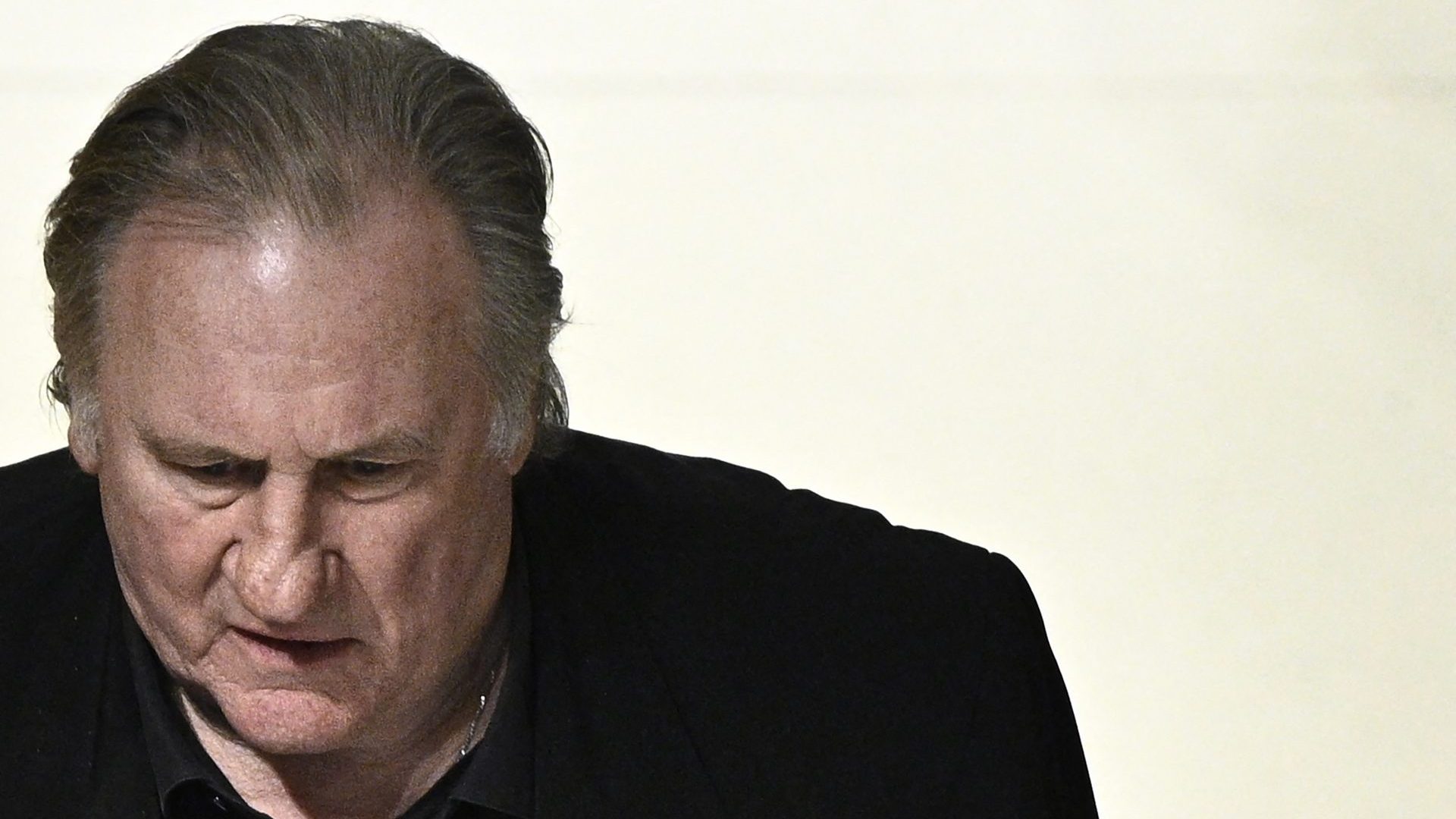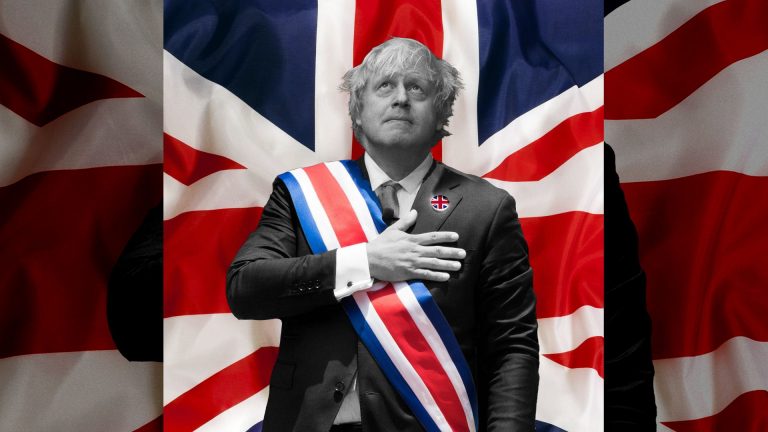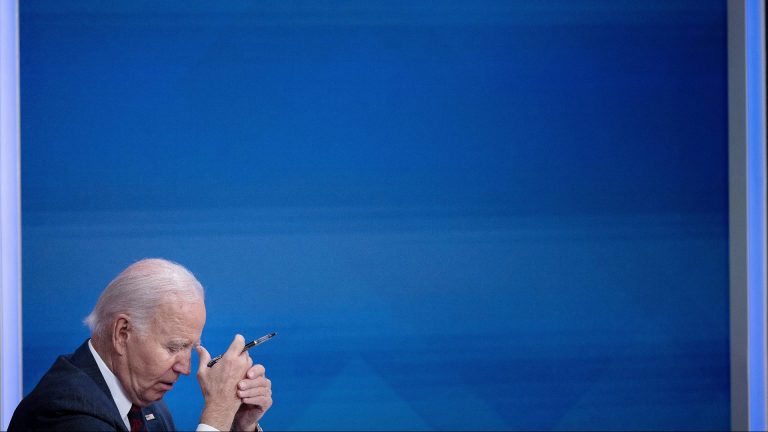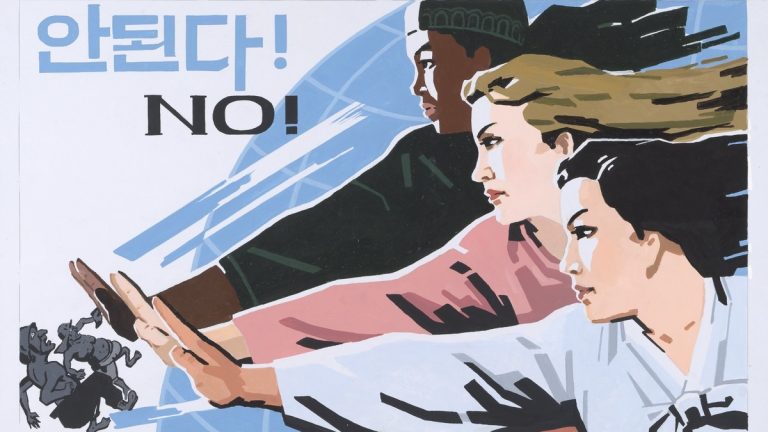You have almost certainly heard of the court case that made the headlines in France for several years, concerning actor Gerard Depardieu. You probably even know that, last week, he was found guilty of sexually harassing two women on the set of a movie, and given a suspended jail term of 18 months.
There is one thing you may have missed, however. It doesn’t seem like much on the surface: a mere 1,000 euro fine, which Depardieu must now pay to each of the defendants. It was barely mentioned in most stories about the trial. That was a mistake, given what that fine represented.
Depardieu was, on top of everything else, found guilty of “secondary victimisation”, a relatively new legal concept. It first appeared in 2014, and was written into what became the Istanbul Convention, a Council of Europe treaty aiming to oppose violence against women.
Behind it is the belief that survivors of sexual violence often get harmed twice; first by their abuser, then by a sexist, biased, needlessly aggressive justice system. Gisele Pelicot famously spoke of it last year, saying that she had been left feeling “humiliated” by court proceedings, despite being the victim and not the perpetrator.
Back at the Depardieu trial, the actor’s barrister called his client’s two victims “hysterical”, and told them, point blank, that “we don’t believe you”. “I can understand that Amelie doesn’t read [broadsheet] Le Monde as it’s too complicated, but she could at least read [gossip magazine] Closer“, he said of one of them. Speaking to the press later, Amelie called the trial “torture”, and “even more violent than the assault itself”.
Sadly, this sn’t an isolated issue, or one confined to France. In 2021, the European Court of Human Rights intervened in the aftermath of a case in Italy, where a young woman was raped by seven men in a parking lot. In its judgement, the Florence Court of Appeal called the victim “uninhibited, vulgar, lascivious”, and mentioned her “ambivalent attitude towards sex”. The ECHR found that the comments were “guilt-inducing, moralising and conveyed sexist stereotypes”, and recognised the case as one of “secondary victimisation”.
That both this case and Depardieu’s were recognised for what they were is unalloyed good news, but ought to only be the beginning. In France, Italy, Britain and elsewhere, pundits keep wondering why survivors of sexual assault struggle to come forward. The answer, sadly, is often hiding in plain sight: it is unlikely that the perpetrator will be found guilty and, even if they are, the cost demanded of the victim for putting them behind bars is far too high.
Suggested Reading
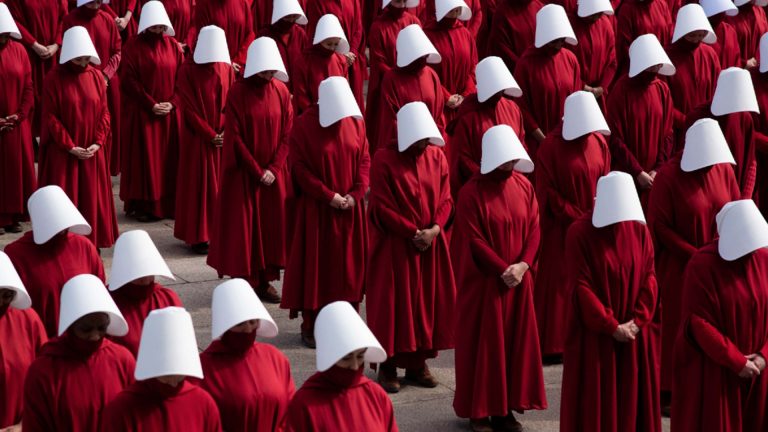

Welcome home to Gilead
The rate of PTSD for victims of sexual violence is higher than for soldiers who have spent time in warzones. We should, as a society, make sure that these survivors aren’t being traumatised further when choosing to do the right thing, and try to make sure that an abuser will be taken off the streets.
As things stand, however, misogyny still leaks through every pore of every justice system around the world. Any woman deemed not to be the perfect victim, pure as snow and without a single flaw, will be treated as inherently suspicious. It apparently doesn’t matter that false accusations of rape are so rare they’re practically non-existent: the assumption somehow always seems to be that the woman is, in some way, in the wrong.
Of course, making more courts and barristers aware and afraid of the concept of secondary victimisation won’t solve everything, but it does feel like one hell of a step in the right direction. It is also encouraging that it was mentioned in a court case as high-profile as Depardieu’s, as it has given much of the French press a reason to discuss it. The more people know about it, the better.
This is also why this column exists: rape culture will not be destroyed in one go, but must instead be dealt a thousand blows, one after the next. The British justice system doesn’t currently recognise secondary victimisation, but the country did sign up to the Istanbul Convention in 2022.
I can’t offer much more than words, but justice secretary Shabana Mahmood has it in her power to spring into action. Let’s hope she kept an eye on that Depardieu trial.


